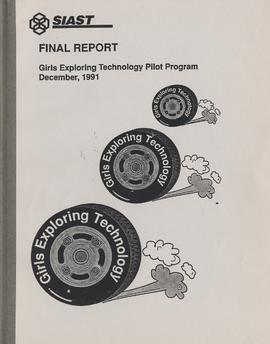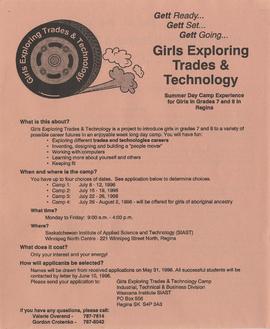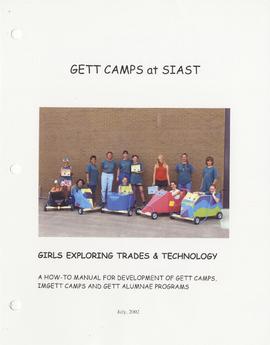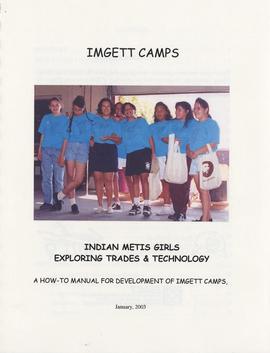Title and statement of responsibility area
Title proper
General material designation
- Textual records
Parallel title
Other title information
Title statements of responsibility
Title notes
Level of description
Reference code
Edition area
Edition statement
Edition statement of responsibility
Class of material specific details area
Statement of scale (cartographic)
Statement of projection (cartographic)
Statement of coordinates (cartographic)
Statement of scale (architectural)
Issuing jurisdiction and denomination (philatelic)
Dates of creation area
Date(s)
-
1991-2003 (Creation)
Physical description area
Physical description
Publisher's series area
Title proper of publisher's series
Parallel titles of publisher's series
Other title information of publisher's series
Statement of responsibility relating to publisher's series
Numbering within publisher's series
Note on publisher's series
Archival description area
Name of creator
Custodial history
Scope and content
This series consists of report, manuals regarding GETT Camps.
Dates of programs delivery: 1991-2009.
Parteners and supporters : Sask Construction, Association; Local School Boards; Status of Women Office; Building Trades Unions; Local Employers; Local Building Suppliers; Government Ministries; Various Crown Corps.
Audience: Grade 7 and 8 girls. Approximatively 600 personally, thousands provincially.
Girls Exploring Technology Camps were first developed and delivered at Fanshawe College in London, ON in 1990. The camps were adopted by a Provincial Steering Committee in Saskatchewan and were delivered at SIAST the following year. Camps continue to operate at what is now called SaskPolytech. The name changed at SIAST to Girls Exploring Trades and Technology (GETT). SIAST became known for its leadership in working with middle years girls and I facilitated mentoring and training for dozens of Instructors and Coordinators from across Canada over the next 19 years. The camps continue to operate as of 2019 across Saskatchewan campuses.
The one- week summer camps provide an opportunity for grade 7 & 8 girls to explore industrial and technical occupations in a supportive environment. Girls work in pairs to build a go-cart in a shop setting for 5 half days and spend the rest of the time immersed in activities such as a relay race emphasizing large motor skills (pushing wheelbarrows and rolling tires), tools and trades terminology, games designed to inform them about paths to apprenticeship, and performing tasks with a wide variety of role models. On Fridays, parents and siblings are invited for a barbecue windup where the girls race their go-carts and receive awards and promotional items from various industry partners.
Valerie Overend delivered 3 - 4 camps per year at Wascana Campus in Regina with 10 girls each week. Each year for 19 years, Valerie Overend continued to develop and deliver GETT Camps across 4 SIAST Campuses in Saskatchewan. She facilitated camps at the other 3 campuses which initially ran sporadically at Woodland Campus in Prince Albert, in a revised manner at Kelsey Campus in Saskatoon and once per year at Palliser Campus in Moose Jaw. The original Steering Committee wound down within a few years and various cities formed various partnership arrangements. SaskWITT and SIAST remained the driving forces behind the camps. The camps continue to run as of 2019 across Saskatchewan campuses.
Following a 10-year survey, all campuses delivered a standard program each summer. In the early years, she coordinated and taught a few camps at Palliser Campus.
Notes area
Physical condition
Immediate source of acquisition
Arrangement
Language of material
- English




